This post is part of a virtual book tour organized by Goddess Fish Promotions. One randomly chosen winner via rafflecopter will win a $50 Amazon/BN.com gift card. Click on the tour banner to see the other stops on the tour.
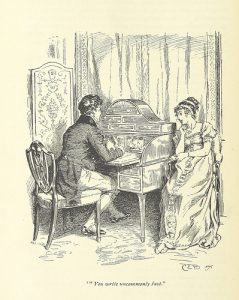 Writing Quirks: Do you write uncommonly fast?
Writing Quirks: Do you write uncommonly fast?
No, I don’t. I’m not uncommonly slow either, but I can’t see that faster is better. Would you rather have fast food or a slow-simmered sauce? I stir my sauce on low to medium for a long time and my stories are the same. I don’t know that I finish fewer works. I do put in many hours, though I stay in the writers’ zone, which is a good place where time isn’t heavy.
My advice would be to find the pace that suits you, rather like letting your horse adapt the right pace for horsey health, the rider, and the particular journey. That’s a matter of experience and experimentation. If your horse has a steep hill to climb, slower is only right. Are fast dances better than slow dances? Are sculptures in soft materials better than those in slow, hard-to-work stone? The danger in either too fast or too slow is that the pace might defeat the story and the writer. If I were to write only a paragraph each day, I’d lose any immediate sense of my characters and their challenges. It might be like stringing out a letter to a friend, a few phrases a day, over a too many letters.
I can’t imagine wearing a button saying either, “This novel took me ten years. It must be worth at least $14.95, paperback,” or “I’m amazed how quickly I finished this up! $14.95, please.”
My other writing quirk is even more of a stinker. I make up words. Most of my inventions are only sounds, as in threll-thud-ka-dunc, the sound of a suitcase rolling down a city sidewalk. I did make up a verb, too: awn, like an awning moving down and then back up over a sidewalk. When you blink, your eyelids awn. I used it years ago in a little psychology book and then more recently in a poem published in Depth Insights, with no questions from the editor. Let’s face it, if a word is immediately understood it was ready to be invented. No worries, however. Sherlock Holmes and the Remaining Improbable was written at precisely the right pace and it contains no made-up words. I guarantee it.
The game is not afoot. The Better-Every-Day world of 1895 is gone, even hard to recall as WWI ends. From his rural cottage, Holmes no longer provokes Scotland Yard’s envy or his landlady’s impatience, but neither is he content with the study of bees. August 1920 finds him filling out entry papers at a nearly defunct psychiatric clinic on the Normandy coast. England’s new Dangerous Drugs Act declares his cocaine use illegal and he aims to quit entirely. Confronted by a question as to his “treatment goal,” Holmes hesitates, aware that his real goal far exceeds the capacity of any clinic. His scribbled response, “no more solutions, but one true resolution,” seems more a vow than a goal to his psychiatrist, Pierre Joubert. The doctor is right. Like a tiny explosion unaccountably shifting a far-reaching landscape, the simple words churn desperate action and interlocking mystery into the lives of Holmes’ friends and enemies both.
Enjoy an Excerpt
Not for the first time, I felt a surge of gratitude for Holmes’ unspoken understanding that his digs at Bolt Cottage couldn’t suit me. No doubt his cottage fit his needs precisely, but it was no place for a visitor, perhaps purposely so. Some might say it was no place for any inhabitant at all, full as it was with apparatus meant for Holmes’ scientific inquiries, not to mention the maps and almanacs, the world’s newspapers, and of course, his library. Books lined shelves and the stairway to the sleeping loft. Books invaded the corner of the ground floor room usually devoted to meal preparation, too. They filled the unused icebox, the pots that never knew soup, and lined most of the cupboards. Books climbed the walls, stacked and somehow tracked in their positions with ribbons that hung from the center pages in a festive display—red, black, gold, green, purple, blue, white. Holmes claimed his color-coded system was modern and flawless. I never grasped it.
About the Author: 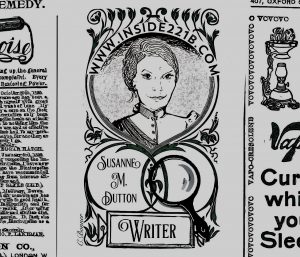 Susanne Dutton is the one who hid during high school gym, produced an alternative newspaper and exchanged notes in Tolkien’s Elfish language with her few friends. While earning her B.A. in English, she drove a shabby Ford Falcon with a changing array of homemade bumper strips: Art for Art’s Sake, Forgive Us Our Trespasses, Free Bosie from the Scorn of History. Later, her interests in myth and depth psychology led to graduate and postgraduate degrees in counseling.
Susanne Dutton is the one who hid during high school gym, produced an alternative newspaper and exchanged notes in Tolkien’s Elfish language with her few friends. While earning her B.A. in English, she drove a shabby Ford Falcon with a changing array of homemade bumper strips: Art for Art’s Sake, Forgive Us Our Trespasses, Free Bosie from the Scorn of History. Later, her interests in myth and depth psychology led to graduate and postgraduate degrees in counseling.
Nowadays, having outlived her mortgage and her professional counseling life, she aims herself at her desk most days; where she tangles with whatever story she can’t get out of her head. Those stories tend to seat readers within pinching distance of her characters, who, like most of us, slide at times from real life to fantasy and back. A man with Alzheimer’s sets out alone for his childhood home. A girl realizes she’s happier throwing away her meals than eating them. A woman burgles her neighbors in order to stay in the neighborhood.
Born in Des Moines, Iowa, Susanne grew up in the SF Bay Area, has two grown children, and lives with her husband in an old Philadelphia house, built of the stones dug from the ground where it sits.
Buy the book at the publisher.





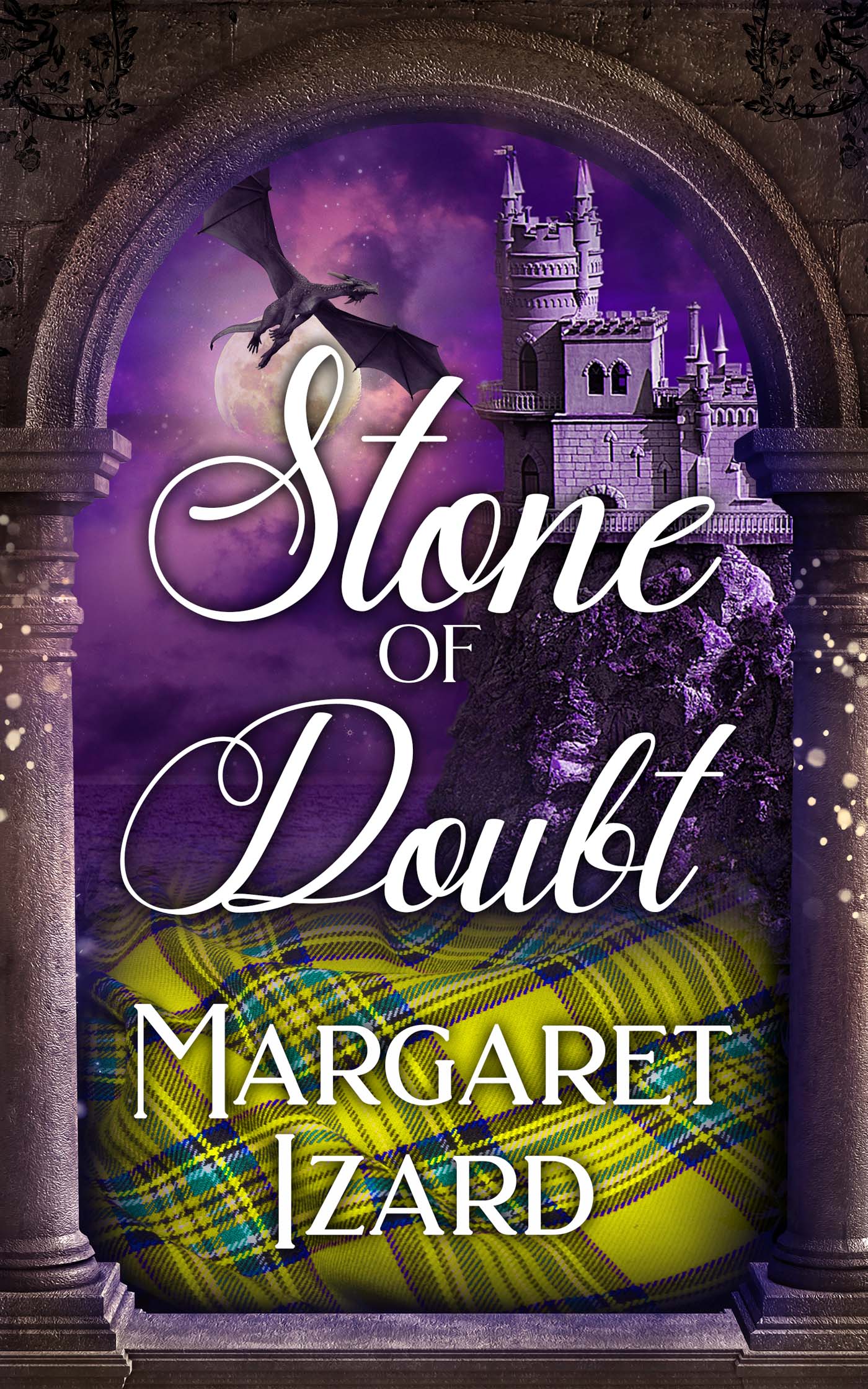


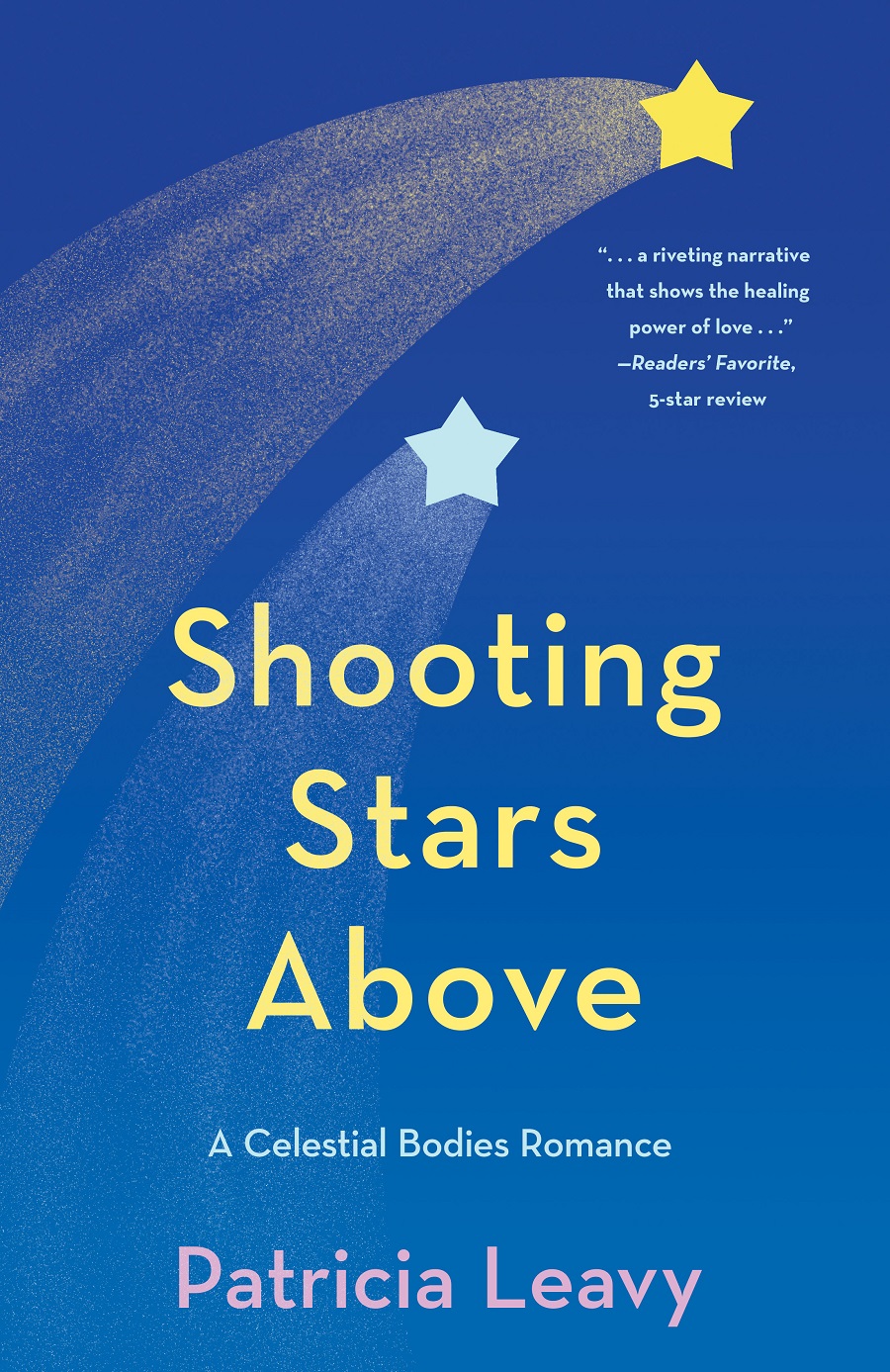
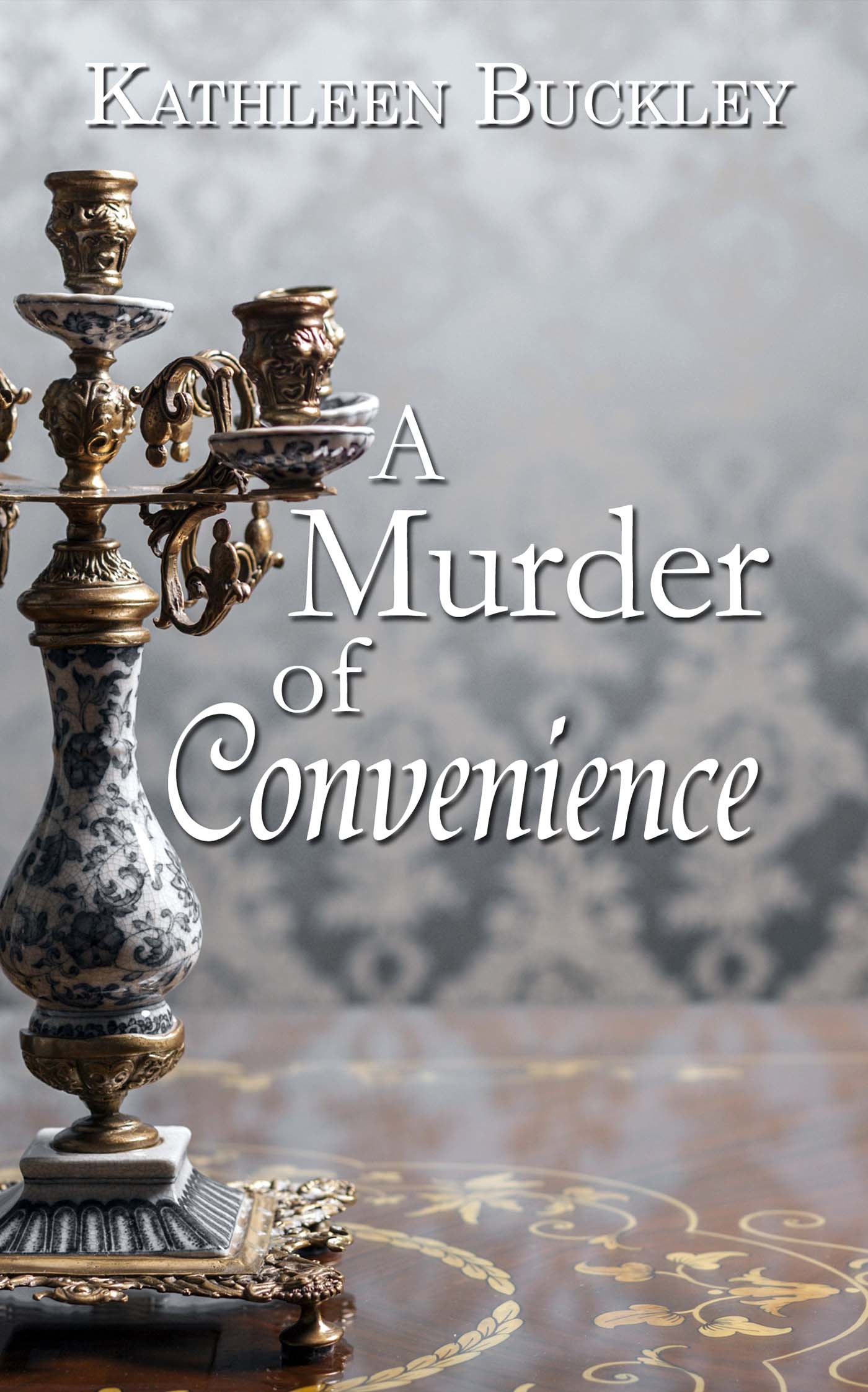



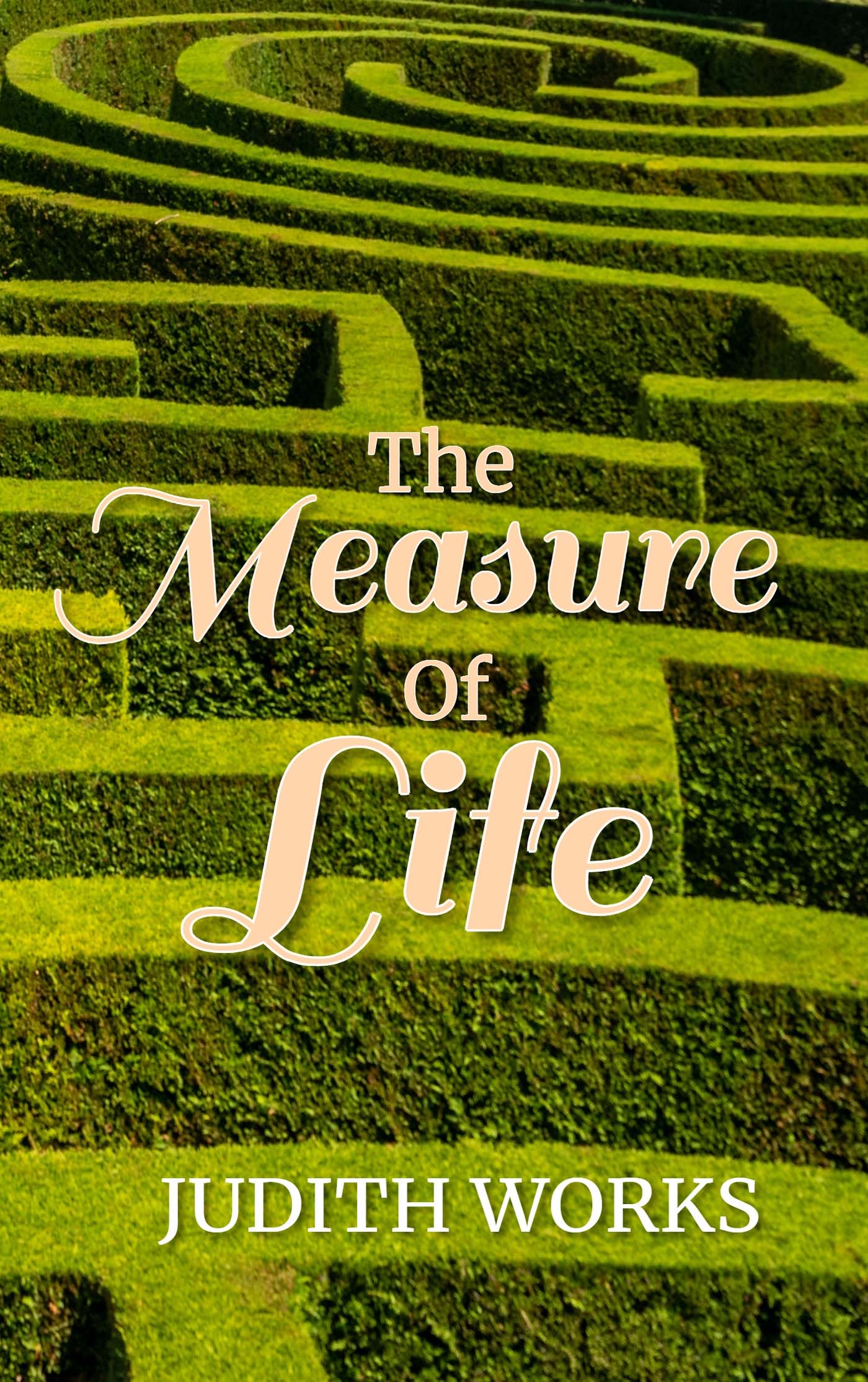




Thanks for hosting!
Hello Long and Short! Thank you for hosting “Sherlock Holmes and the Remaining Improbable” on your site. I aim to read and answer all comments. It’s been quite a journey (and an education!) to meet all these people and chat about Holmes, mystery, and, of course, writing itself. Susanne M. Dutton, author
The book sounds very interesting. I love the cover!
Hello Piroskka. Thank you for your comment. I like the cover, too. It can be easily seen across a book store. Susanne Dutton, author
Hello Piroska. Thank you for comment. If you like Holmes, then this book is right up your alley! Susanne Dutton, author
Hi Ms. Dutton! Have you thought of tackling more literary characters like Sherlock Holmes?
Hello Elizabeth. Actually I have. In fact, there will be more than one in my next book. Susanne Dutton, author
Sounds like a great book.
Hello Rita. Thank you. I can’t wait to get to a real book fair and talk to all these keen Holmes fans. Susanne Dutton, author
Hello Rita. Yes! I can’t wait to get to a real book fair and talk to all these keen Holmes fans. Susanne Dutton, author
Thanks for bringing this book to my attention.
Hello Kim. The book is now only $4.99 ebook at Propertius Press website link. Thank you for your kind words. Susanne Dutton, author
I really like the cover and the excerpt.
Hi Sherry. Wait until you see the inside! Thank you for following the tour. Susanne Dutton, author